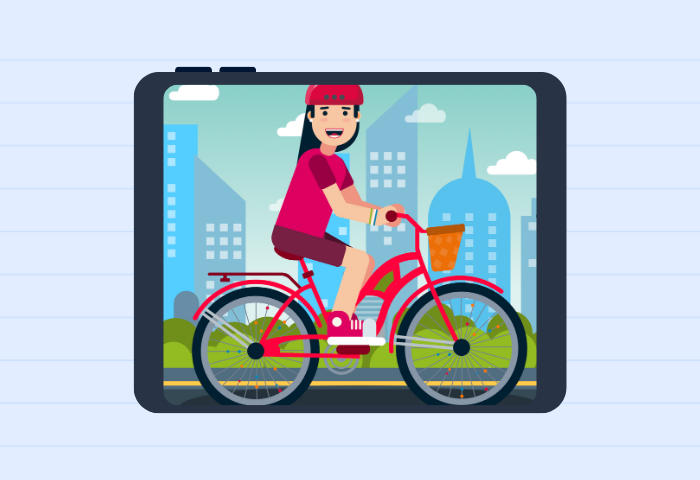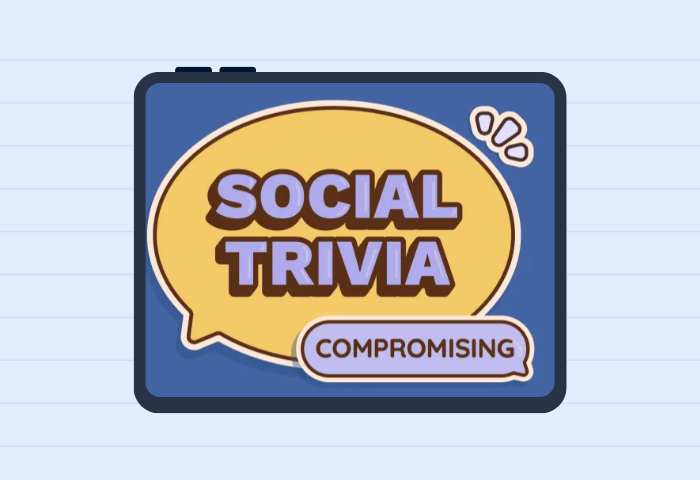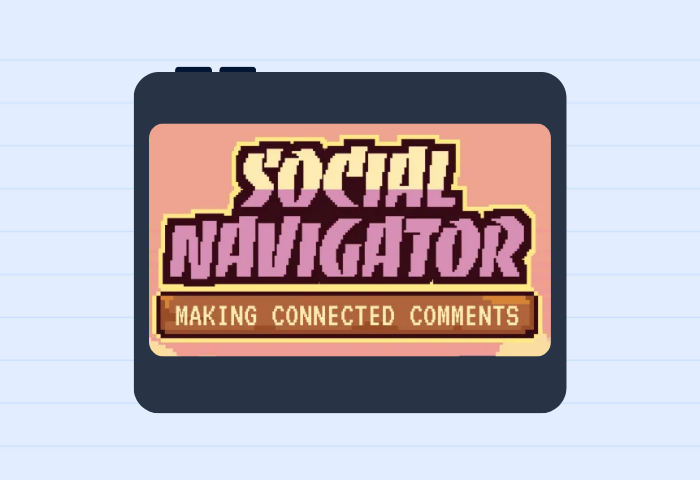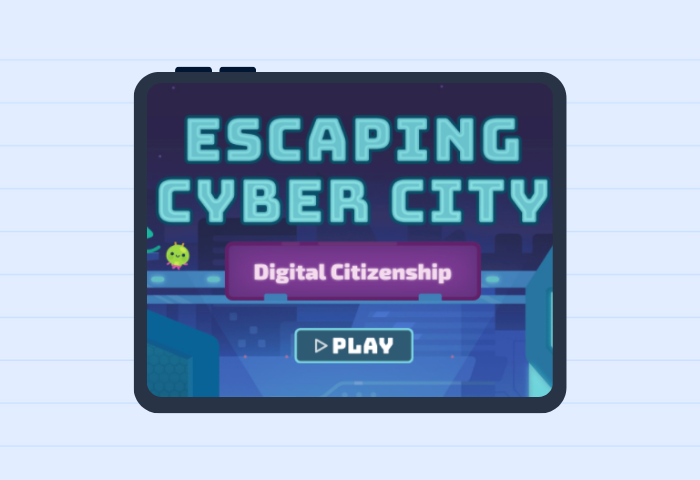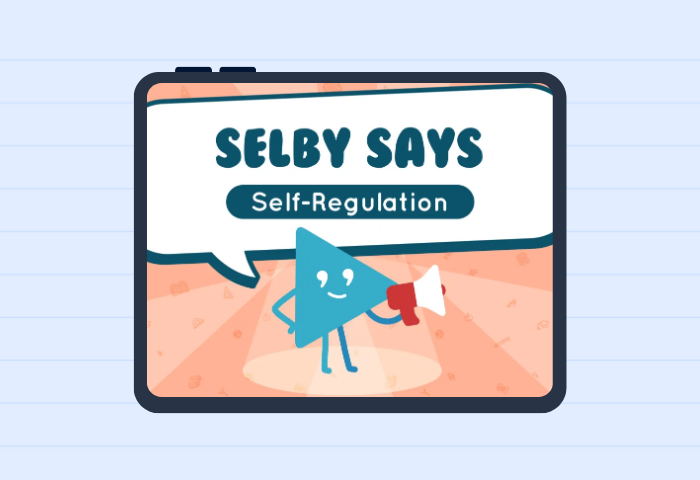Interactive Learning: Free Worksheet for Kindergarten Social Skills
Get free social skills materials
No-prep lessons on self-regulation, emotional recognition, conversation skills, and more.
Sign up here
Interactive Learning: Free Worksheet for Kindergarten Social Skills
Are you a parent or educator looking for ways to help your kindergarten child develop essential social skills? Look no further! In this blog post, we will explore the importance of social skills development in kindergarten and how interactive learning can play a crucial role in fostering these skills. We will also introduce a free social skills worksheet designed specifically for kindergarten children. So, let’s dive in!
Related resources: See our full list of video modeling activities for teaching social skills.
I. Introduction
A. Importance of social skills development in kindergarten
Social skills are the foundation for successful interactions and relationships throughout life. Kindergarten is a crucial stage in a child’s development, as it lays the groundwork for their social and emotional well-being. By focusing on social skills development during this stage, we can equip children with the tools they need to navigate social situations, communicate effectively, and build positive relationships.
B. Overview of interactive learning for social skills
Interactive learning involves engaging children in activities that promote active participation, collaboration, and hands-on experiences. This approach not only enhances their understanding and retention of concepts but also encourages the development of social skills. By incorporating interactive learning strategies into the kindergarten curriculum, we can create an environment that fosters social growth and emotional intelligence.
II. Understanding Social Skills in Kindergarten
A. Definition of social skills
Social skills refer to the abilities that enable individuals to interact effectively and harmoniously with others. In the context of kindergarten, social skills encompass a range of behaviors, including communication, empathy, problem-solving, and cooperation.
B. Key social skills for kindergarten children
Kindergarten children should develop a variety of social skills to thrive in their social environments. Some key social skills for kindergarten children include:
- Active listening
- Sharing and taking turns
- Expressing emotions appropriately
- Respecting personal space
- Cooperating with peers
- Following instructions
C. Benefits of developing social skills at an early age
Developing social skills at an early age has numerous benefits for kindergarten children. It not only helps them establish positive relationships but also lays the foundation for their academic success. Some benefits of developing social skills in kindergarten include:
- Improved communication and language skills
- Enhanced problem-solving abilities
- Increased empathy and understanding
- Boosted self-confidence and self-esteem
- Reduced behavioral issues
III. Interactive Learning for Kindergarten Social Skills
A. Importance of interactive learning
Interactive learning provides kindergarten children with opportunities to actively engage in the learning process. It encourages them to think critically, collaborate with peers, and apply their knowledge in real-life situations. When it comes to social skills development, interactive learning is particularly effective as it allows children to practice and reinforce these skills in a supportive and engaging environment.
B. Engaging activities for social skills development
There are several interactive activities that can be incorporated into the kindergarten curriculum to promote social skills development. Some of these activities include:
- Role-playing and pretend play: Encourage children to take on different roles and act out social scenarios, allowing them to practice communication, problem-solving, and empathy.
- Storytelling and puppet shows: Engage children in storytelling activities where they can create narratives and use puppets to act out the stories. This helps develop language skills, creativity, and social interaction.
- Cooperative games and group activities: Encourage children to work together towards a common goal, promoting teamwork, communication, and cooperation.
- Art and craft projects: Engage children in art and craft activities that require collaboration and sharing of materials, fostering social interaction and creativity.
- Music and movement activities: Incorporate music and movement into the curriculum to encourage self-expression, turn-taking, and following instructions.
IV. Introducing Free Social Skills Worksheet for Kindergarten
A. Description of the worksheet
We are excited to introduce our free social skills worksheet designed specifically for kindergarten children. This worksheet focuses on various social skills, including active listening, sharing, expressing emotions, and following instructions. It provides interactive exercises and prompts to engage children in meaningful learning experiences.
B. Objectives and goals of the worksheet
The objectives of the free social skills worksheet are to:
- Enhance communication skills
- Promote empathy and understanding
- Develop problem-solving abilities
- Foster positive relationships
C. How to use the worksheet effectively
To make the most of the free social skills worksheet, follow these steps:
- Print out the worksheet or open it on a digital device.
- Review the instructions and social skills covered in the worksheet.
- Engage your child in a discussion about each social skill and its importance.
- Complete the interactive exercises together, encouraging your child to express their thoughts and feelings.
- Reflect on the learning experience and discuss how the social skills can be applied in real-life situations.
V. Benefits of Using the Free Social Skills Worksheet
A. Enhancing communication skills
The free social skills worksheet provides opportunities for children to practice active listening, expressing their thoughts and emotions, and engaging in meaningful conversations. By using this worksheet, children can enhance their communication skills, which are essential for effective social interactions.
B. Developing empathy and understanding
The interactive exercises in the worksheet encourage children to put themselves in others’ shoes, understand different perspectives, and empathize with others’ emotions. By developing empathy and understanding, children can build stronger and more meaningful relationships.
C. Improving problem-solving abilities
The free social skills worksheet includes problem-solving scenarios that require children to think critically, analyze situations, and come up with appropriate solutions. By practicing problem-solving skills, children can become more confident in resolving conflicts and overcoming challenges.
D. Fostering positive relationships
By focusing on social skills development through the free worksheet, children can learn how to establish and maintain positive relationships with their peers, teachers, and family members. This skill is crucial for their overall well-being and success in life.
VI. Conclusion
A. Recap of the importance of social skills in kindergarten
Developing social skills in kindergarten is vital for children’s overall growth and well-being. It equips them with the tools they need to navigate social situations, communicate effectively, and build positive relationships.
B. Encouragement to download and utilize the free worksheet
If you’re ready to help your kindergarten child develop essential social skills, we encourage you to download and utilize our free social skills worksheet. It provides interactive exercises and prompts to engage children in meaningful learning experiences.
C. Final thoughts on the significance of interactive learning for social skills development in young children
Interactive learning is a powerful tool for social skills development in young children. By incorporating interactive activities and utilizing resources like the free social skills worksheet, we can create an environment that fosters social growth, emotional intelligence, and lifelong success.
Start your EverydaySpeech Free trial here and embark on a journey of interactive learning and social skills development with your kindergarten child today!

